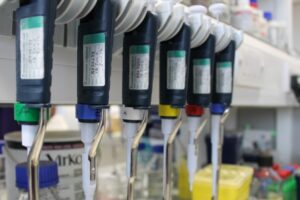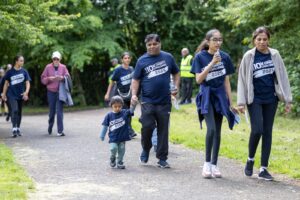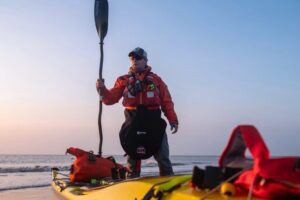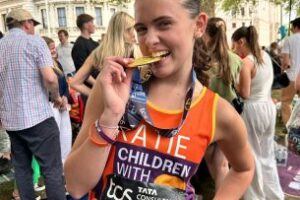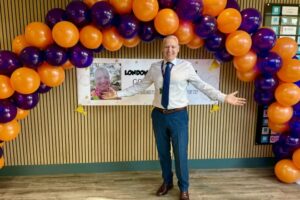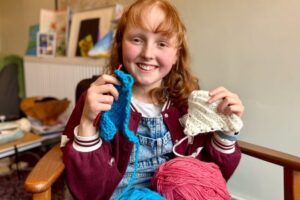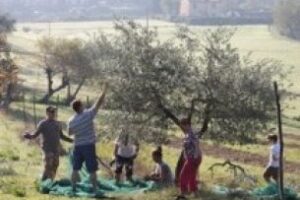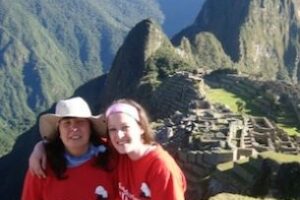Q&A: Prof. Ajay Vora on the UK Acute Lymphoblastic Leukaemia Trial: UKALL 2011
Find out more about Professor Ajay Vora’s research project, which focuses on building on the success of a previous UKALL 2003 trial. Clinical trials help us find better ways of treating disease by giving doctors the opportunity to test new treatments. Thanks to a series of childhood leukaemia trials, we’ve made enormous progress in treating the disease.
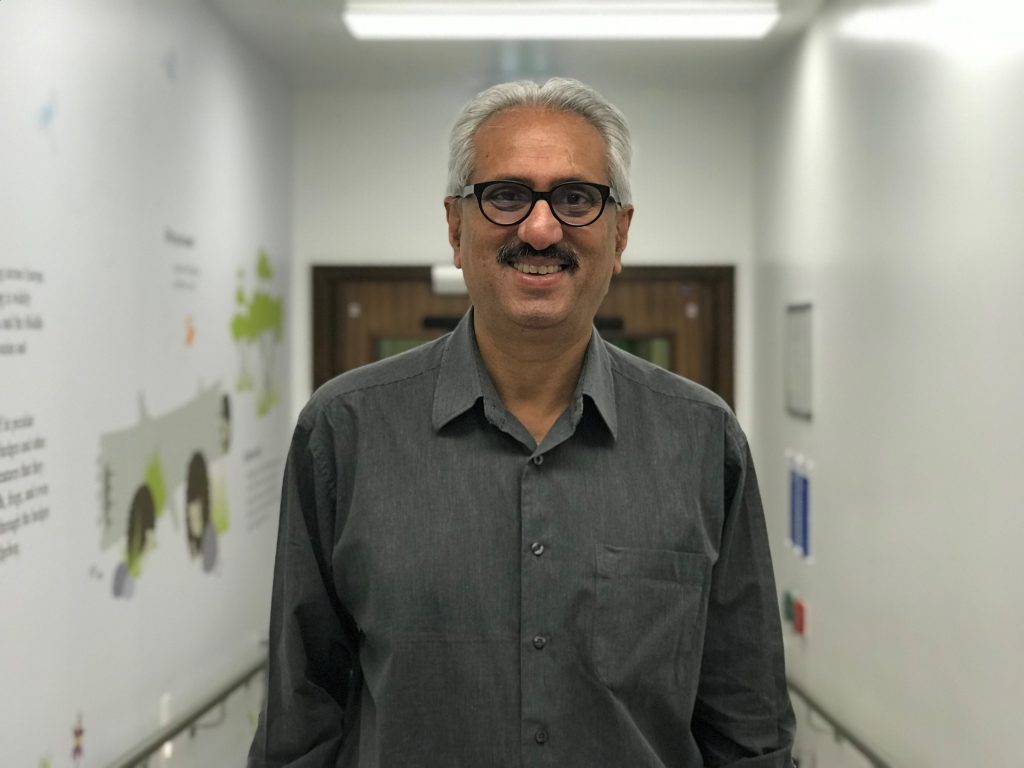
We spoke to Professor Ajay Vora, working on the UK Acute Lymphoblastic Leukaemia Trial (UKALL 2011), to learn how the trial is aiming to improve the outcome of diagnosis of this common form of cancer by reducing the side effects of treatment.
Q: What is the UK Acute Lymphoblastic Leukaemia Trial: UKALL 2011?
A: UKALL 2011 was an international trial that recruited 2750 children and young persons with Acute Lymphoblastic Leukaemia from the UK and Republic of Ireland. The trial aimed to improve outcome by reducing the side effects of induction and maintenance phases of treatment. The trial also tested whether high doses of methotrexate would reduce the risk of relapse within the central nervous system.
Q: What inspired you to work on this trial? Where did your interest in this area stem from?
A: I have had an interest in doing clinical trials as the best way of achieving evidence based improvements in outcomes for children with leukaemia from the start of my career as a paediatric haematologist.
Q: What difference do you hope your research will make?
A: Optimise treatment to achieve the right balance between cure and toxicity.
Q: What breakthroughs/advances have been made by the project so far?
A: The trial has confirmed that our standard treatment achieves excellent cure rates for children and young persons with leukaemia and that some can be cured with less strong chemotherapy sparing them the associated side effects.
Q: What is the most rewarding part of working on this trial?
A: National and international scientific collaboration to achieve the best possible outcomes for children with ALL throughout the world.
Q: In your opinion, what does the future look like for childhood cancer?
A: There are lots of promising new treatments which should transform the way we treat ALL in the next decade such that we can cure more patients with less strong chemotherapy.
Q: This Childhood Cancer Awareness Month, we’re thinking about the theme of ‘When I grow up…”. Did you always dream of a career in science?
A: Afraid not. I only truly became fascinated by the application of science to solving clinical problems in my second year of medical school.
Q: What advice would you give to children and young people aspiring to become a scientist or researcher in the future?
A: Be driven by intellectual curiosity above all. The rest will follow.
Learn more about Prof. Ajay Vora research project working with Prof. Pamela Kearns here:
Other stories
We have lots of information to help you learn more about childhood cancer. From specific cancer types, to treatments and causes.


